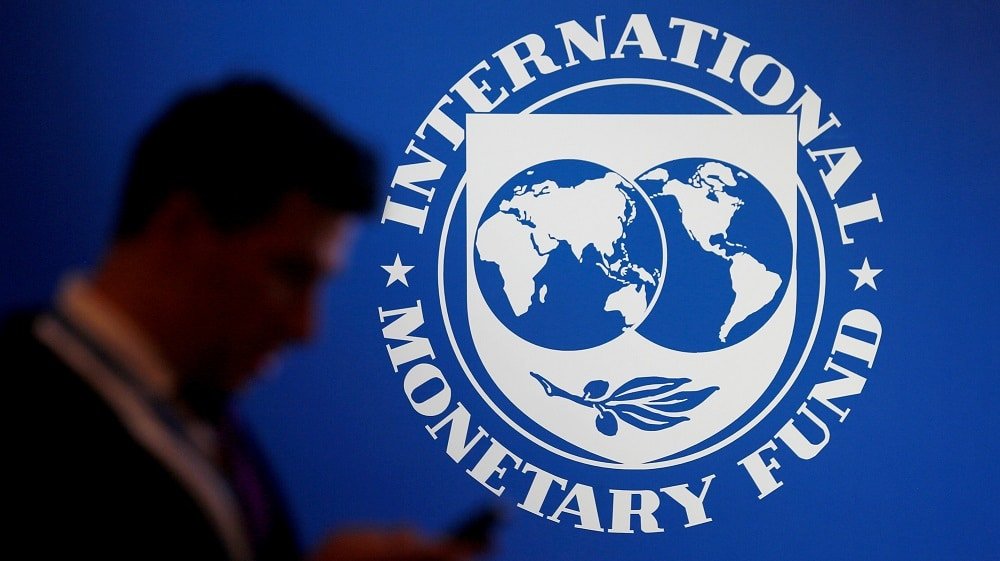Minister of State for Finance Ali Pervaiz Malik stated on Wednesday that Pakistan has no option but to adhere to the International Monetary Fund’s (IMF) program to manage its $100 billion external debt over the next three years. Speaking at a seminar organized by the Pakistan Business Council, he emphasized that the federal government has limited flexibility for economic experimentation.
The minister’s remarks come after the IMF’s Resident Representative, Mahir Binici, urged Pakistan to stay committed to reforms under the $7 billion bailout program. An IMF mission is scheduled to visit Islamabad next month for the first review of the program. However, progress on key reforms has been slow, with no successful privatization of state-owned enterprises and pending tax reforms in critical sectors.
For the fiscal years 2025-2027, Pakistan faces external debt repayments totaling $100 billion, excluding central bank liabilities and current account financing needs. For the current fiscal year alone, the country owes $18.8 billion, in addition to central bank obligations.
The Federal Board of Revenue (FBR) is grappling with a growing revenue shortfall, further complicating the government’s ability to meet its fiscal targets. Meanwhile, Finance Minister Muhammad Aurangzeb has ruled out immediate tax relief for salaried individuals, stating that such measures would only be possible if other sectors contribute their fair share to the tax base.
The government’s commitment to the IMF program is seen as critical to stabilizing the economy, addressing debt challenges, and ensuring long-term fiscal sustainability.










